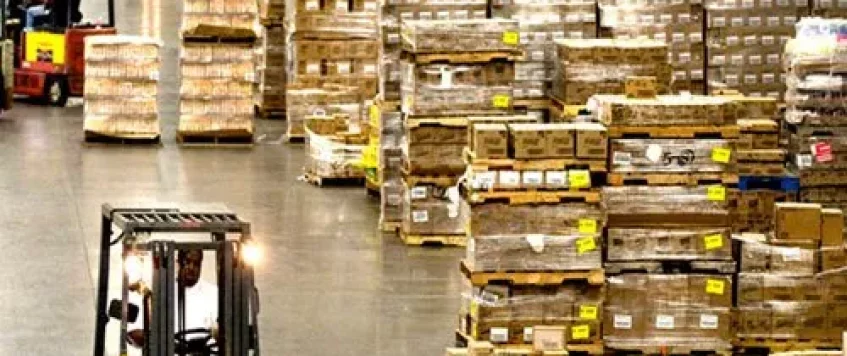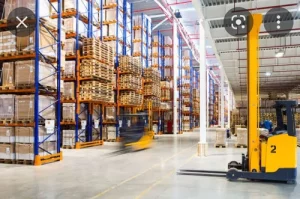-
29
Jun
Storage Warehouses Facilities In India – Nhava Sheva / Mundra / Chennai / Delhi
Here are several types of warehousing options available for different cargo storage needs. Each type of warehouse facility offers specific features and benefits to accommodate various types of cargo. Below are some common types of warehousing:
1. General Warehouses: General warehouses are versatile facilities that can store a wide range of goods. They are suitable for non-perishable items, bulk storage, and goods that do not require special handling or storage conditions. These warehouses typically have standard storage racks, shelves, and open floor space for efficient storage and retrieval.
2. Cold : Cold storage warehouses are designed to store perishable goods and items that require temperature-controlled environments. They are equipped with refrigeration systems to maintain specific temperature ranges, ensuring the quality and freshness of temperature-sensitive items like food products, pharmaceuticals, and chemicals.
3. Hazmat Warehouses: Hazmat (Hazardous Materials) warehouses are specialized facilities that comply with strict safety regulations to store and handle hazardous materials. These warehouses have specific storage systems, ventilation, fire suppression systems, and protocols for safe handling and transportation of dangerous goods.
4. Bonded Warehouses: Bonded warehouses are facilities authorized by customs authorities for the storage of imported goods before they are cleared by customs and released into the domestic market. These warehouses allow goods to be stored without the payment of customs duties and taxes, making them advantageous for businesses involved in international trade.
5. Distribution Centers: Distribution centers are large-scale warehousing facilities strategically located to efficiently distribute goods to customers or retail locations. These facilities are designed for quick order processing, inventory management, and order fulfillment services. Distribution centers often have advanced technology systems for efficient inventory tracking and coordination with transportation networks.
6. Cross-Docking Facilities: Cross-docking facilities are specialized warehouses where goods are unloaded from incoming trucks or containers and immediately loaded onto outbound vehicles for distribution. This minimizes storage time and the need for long-term storage, making it suitable for high-volume and time-sensitive industries.
7. E-commerce Fulfillment Centers: E-commerce fulfillment centers specifically cater to the needs of online retail businesses. These facilities focus on efficient order processing, inventory management, and the timely fulfillment of customer orders. E-commerce fulfillment centers often utilize advanced automation and technology to handle large volumes of orders and ensure faster order processing.
8. Climate-Controlled Warehouses: Climate-controlled warehouses maintain specific environmental conditions, including temperature, humidity, and air quality. They are used for storing delicate or sensitive items like artwork, antiques, electronics, and pharmaceutical products that require controlled temperature and humidity levels to prevent damage or deterioration.
9. Stacked Warehousing: Stacked warehousing involves storing goods vertically, utilizing racks, mezzanines, or multi-level storage systems to maximize space efficiency. This type of warehousing is suitable for small or confined spaces where floor space is limited.
It’s important for businesses to assess their specific cargo storage requirements and select the appropriate type of warehousing facility to ensure efficient storage, preservation, and handling of their goods.
APT Logistics provides a variety of warehouses as per customer needs. Kindly contact us incase you need any warehousing and distribution services in India.


if any query pls contact us.:
Bala Iyer – balaiyer@aptlogistics.com- Cell/WhatsApp: +91 9820517857
Sachin Tiwari – sea@aptlogistics.com- Cell/WhatsApp: +91 7700914388
Need Help? Chat with us!
Start a Conversation
Hi! Click one of our members below to chat on WhatsApp
We usually reply in a few minutes





